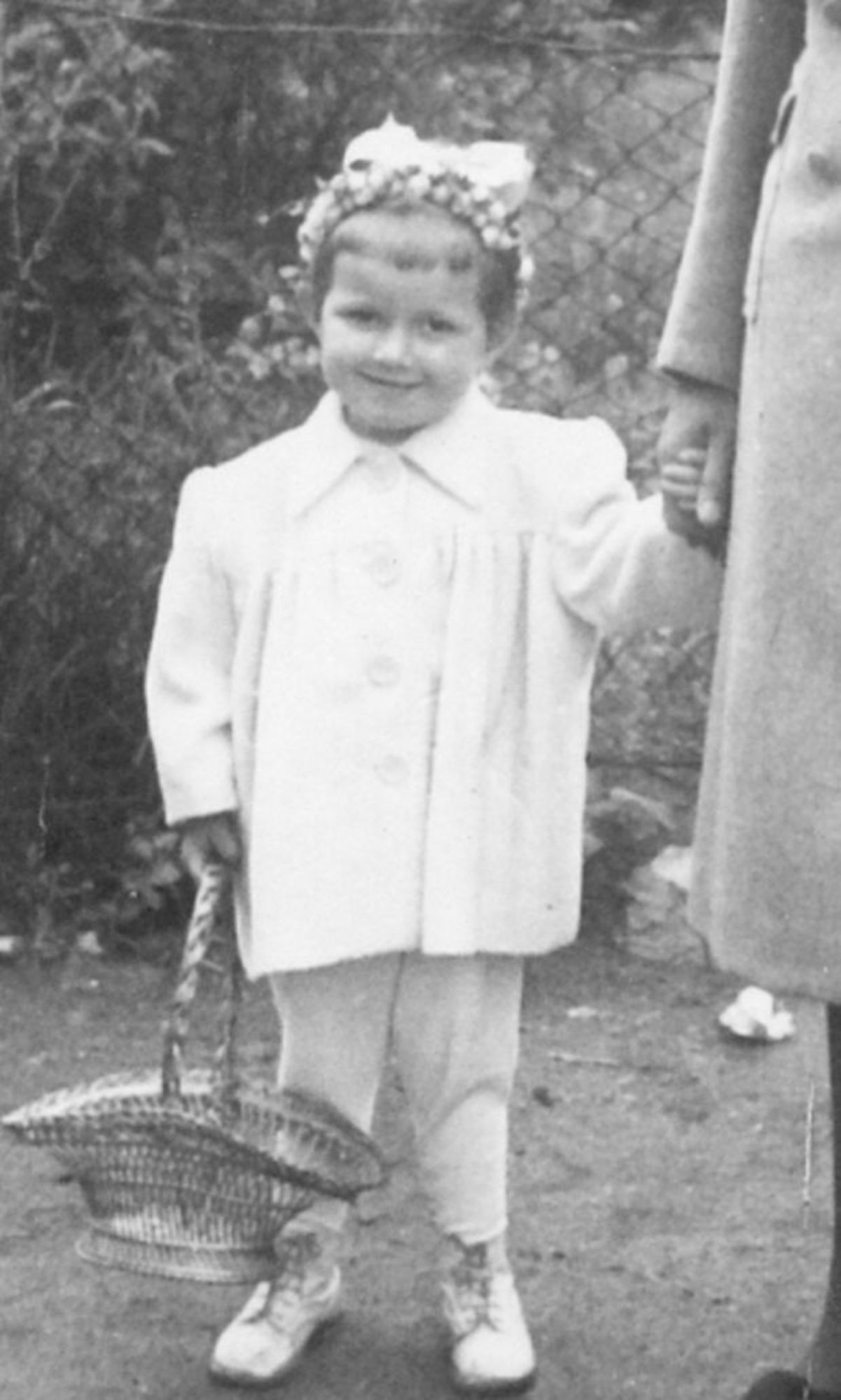I am lucky to live

Stáhnout obrázek
Olga Vobrubová was born in November 1942 in Prague. She tells two stories, which were from her parents, Mr. and Mrs. Störzers, in the time of Second World War. One is from the time after the assassination of Reinhard Heydrich, the second one took place during the Prague Uprising in May 1945. She also ownes memoirs of her uncle, Mr. Karel Störzer, who was imprisoned by Nazis for his membership in scout organization and spent several years in concentration camps.








